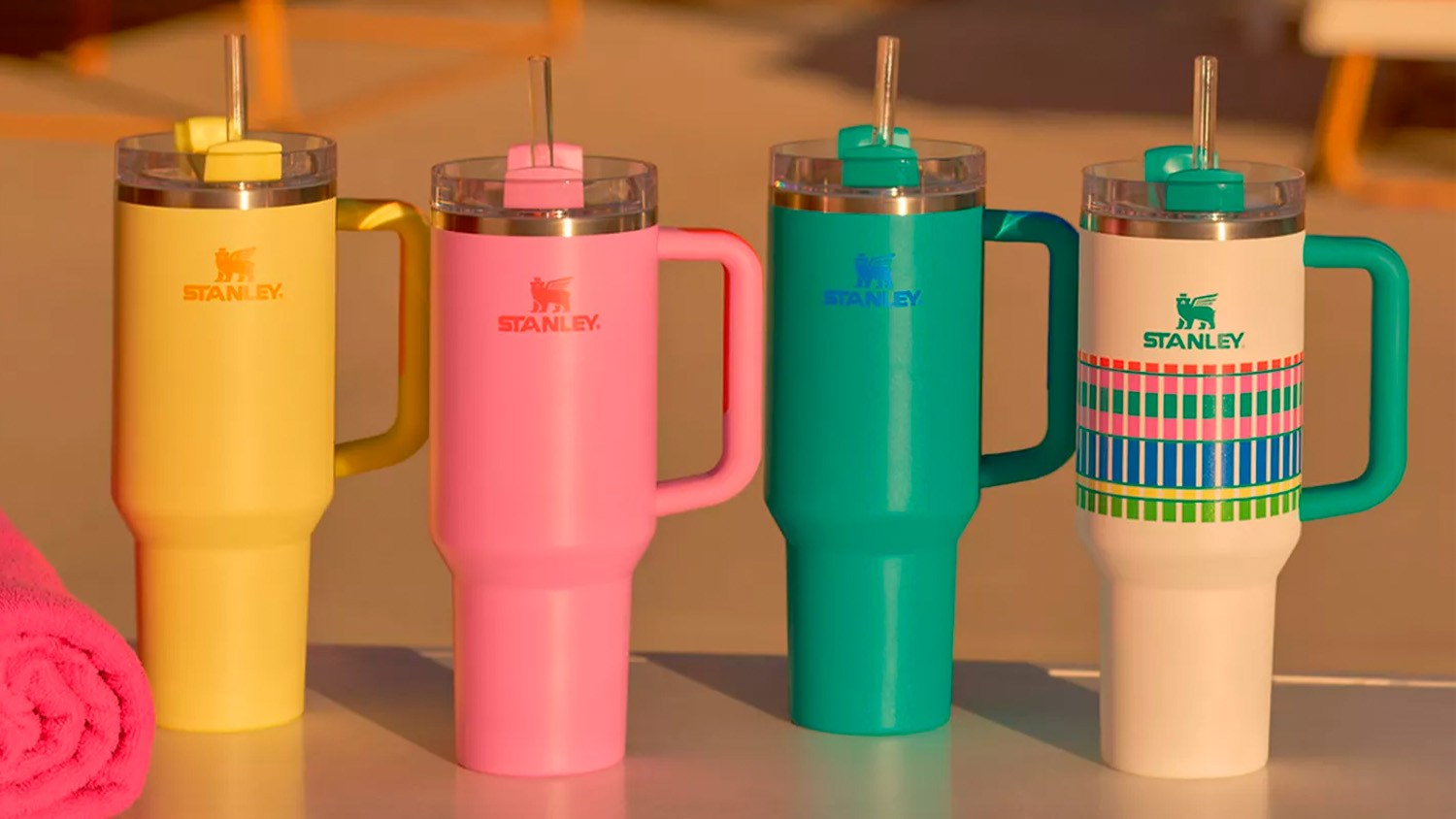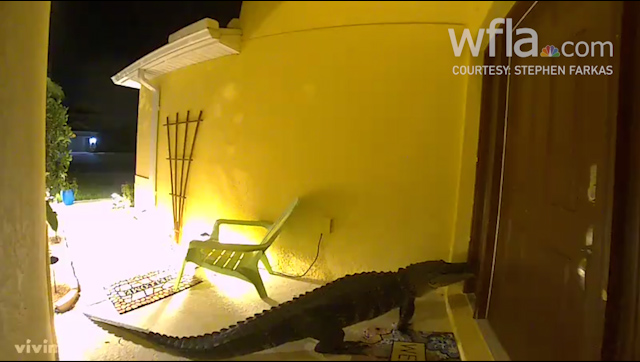WASHINGTON (Nexstar) — The western United States is now in a megadrought, that is, a drought spanning decades. The drought impacting the Colorado River can be traced back to 2000.
Much of California’s wastewater is treated and dumped into the Pacific Ocean. But as western states continue to suffer through this megadrought, water managers and lawmakers say the wastewater must be recycled.
“Recycled water is going to be extremely important, not just in the west but likely throughout the entire nation,” said Bronson Mack with the Southern Nevada Water Authority.
Mack said they already recycle all indoor waste water — from sinks, tubs and toilets.
“They use a process of biological and chemical processes, multi-staged filtration and then a disinfection process,” Mack said.
Pockets of other western states do recycle their water, too. But experts say population growth and climate change mean larger scale water recycling is a must.
Nevada Sen. Catherine Cortez Masto introduced a bill to help pay for large scale water recycling projects to turn sewage water into drinking water.
“We have to figure out how we manage, not the water just for the current population, but like our Southern Nevada Water Authority does, projects 50 years into the future,” Cortez Masto said. “For example, there’s an opportunity for Nevada to partner with California for California to recyle its sewage water.”
Her bill is co-sponsored by California Sen. Alex Padilla and is so far included in the Senate’s bipartisan infrastructure bill. It would provide $450 million in grants to 17 western states for large scale water recycling projects.

